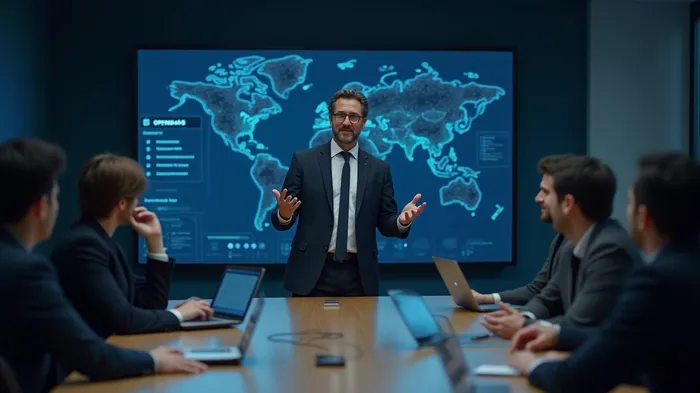OpenAI, Microsoft Negotiate Future AI Tech Rights, IPO Path
OpenAI, the developer of ChatGPT, is in discussions with its primary investor, MicrosoftMSFT--, to revise a multi-billion-dollar cooperation agreement. The revised terms aim to ensure that OpenAI retains the possibility of going public in the future while securing Microsoft's continued access to advanced AI technologies.
One of the central issues in these negotiations is Microsoft's stake in OpenAI's new for-profit business. Sources indicate that Microsoft is considering relinquishing some of its equity in exchange for the rights to use new technologies developed after 2030. OpenAI, which has operated as a non-profit since its inception in 2015, is seeking to transition into a for-profit public benefit corporation to attract more investment and achieve sustainable growth.
Microsoft has invested over 13 billion dollars in OpenAI since 2019, making it the largest shareholder. Under the existing agreement, Microsoft holds exclusive rights to OpenAI's technology and receives a portion of OpenAI's revenue until 2030. The current negotiations focus on adjusting the equity structure, cloud service cooperation, technology usage rights, and revenue-sharing ratios.
In terms of cloud services, the discussions center on whether Microsoft will continue as OpenAI's exclusive cloud service provider and the terms of such services. Regarding technology usage rights, the parties need to determine how long Microsoft can use OpenAI's intellectual property in its products and whether the rights should be extended. OpenAI is proposing to reduce Microsoft's revenue share to enhance its own profitability.
OpenAI has shared with some existing and potential investors that it expects its revenue to surge significantly in the coming years. If these projections hold, the decade-old startup could rival tech giants in revenue.
In early May, OpenAI announced that it would continue to be controlled by its non-profit parent company while restructuring its for-profit division to raise more funds and keep pace with the AI race. The company stated that, after consulting with community leaders and discussing with regulatory bodies, it decided to maintain non-profit control. OpenAI will collaborate with its primary supporter, Microsoft, regulatory bodies, and newly appointed non-profit board members to finalize the updated plan. This change is seen as a key step in meeting investor demands and securing the possibility of a future IPO.
OpenAI's CEO, Sam Altman, has stated that the company's goal is to develop a general AI system that surpasses human capabilities. The ongoing negotiations with Microsoft are crucial for OpenAI's restructuring efforts and future development.
However, the negotiations have become complex due to the cooling relationship between the two companies. Despite Microsoft's continued integration of OpenAI's technology into its product line and provision of substantial computational resources, OpenAI's growing commercial ambitions, including competing for enterprise clients and collaborating with other tech giants, have caused friction.
A senior Microsoft employee described the tension as stemming from differences in operational styles. OpenAI's approach, which involves seeking funding and computational resources from Microsoft while requesting minimal interference, has led to strained relations. This attitude has been perceived as arrogant and uncooperative.
Despite these challenges, a source close to OpenAI expressed confidence in reaching a mutually beneficial agreement. The source emphasized that Microsoft remains supportive of OpenAI's transformation and that the negotiations, though difficult, are progressing positively.
OpenAI's transition to a traditional for-profit entity is seen as a necessary step to secure substantial funding. The company's leadership believes that investors will continue to support OpenAI even if the restructuring is delayed.
However, OpenAI still faces multiple challenges. The company has pledged to maintain ultimate control by allocating significant equity and board nomination rights to its non-profit board, but this has not fully addressed concerns about prioritizing profits over its mission.
Elon Musk, who co-founded OpenAI but has since parted ways with Altman, has vowed to legally challenge the restructuring. Musk's lawyers have accused OpenAI of transferring charitable assets to private entities, including Altman. Former OpenAI employee Page Hedley has warned that the plan could result in the transfer of AGI's wealth and power from the public to investors.
OpenAI must also convince regulatory authorities in relevant regions that its new structure aligns with its public benefit mission. The attorney general of one region has indicated a willingness to review the new plan to ensure that the non-profit entity maintains appropriate control over the for-profit entity.

Stay ahead with real-time Wall Street scoops.
Latest Articles
Stay ahead of the market.
Get curated U.S. market news, insights and key dates delivered to your inbox.

Comments
No comments yet